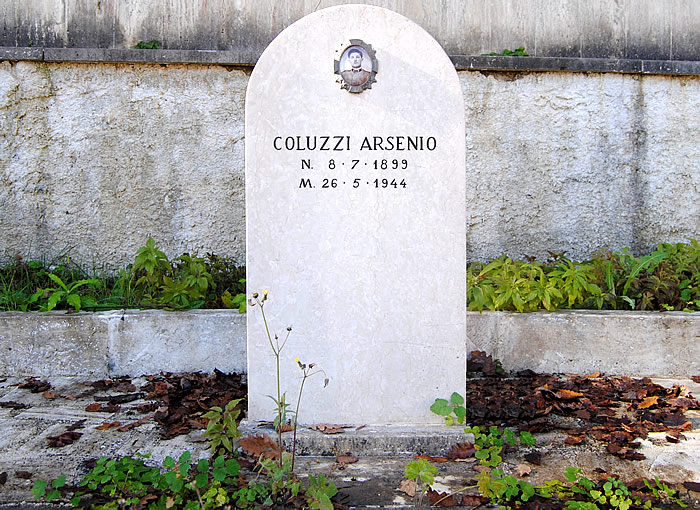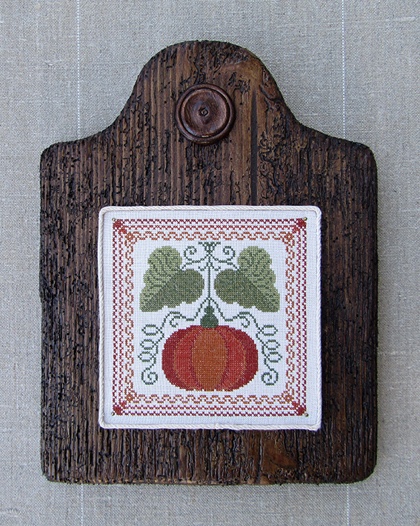
Working chronologically, it moves from descriptions of Caribbean nature by Europeans from the fifteenth to the seventeenth centuries (Chapter 1), through the multilingual phytonymy (plant names) of the eighteenth and nineteenth centuries (Chapter 2) and the commercialization of Caribbean fruits via European and North American versions of popular songs from the region in the mid-twentieth century (Chapter 3), to the linguistic implications of the spread of reggae as a global cultural formation from the 1970s (Chapter 4). This short book by two Italian professors of English and translation, Rosanna Masiola (author of Chapter 1) and Renato Tomei (Chapters 2–4), explores these ideas through the problems of description, translation, and interpretation raised by Caribbean plants and musical cultures, from fruits to Rastafarians. In its place is the recognition that every translation is an interpretation, and that languages in use are both radically open to each other and involved in historical and geographical processes of power-laden transformation with all their excesses and gaps, mistranslations, and creative appropriations. Here, drawing on poststructuralism, feminism, and postcolonialism, any sense that languages are self-contained systems that can be neatly translated, one into the other, has to be abandoned. This is, therefore, promising terrain for the new translation studies.

Questions of language are at the heart of the postcolonial cultural criticism of Caribbean thinkers such as Édouard Glissant and Sylvia Wynter, and fundamental to the work of writers such as Patrick Chevalier and Erna Brodber. In the process words have been lost, gained, and remade languages have been de- and re-valued and previously localized forms of speech have become globalized through new communications media. The languages of indigenous Amerindians, enslaved Africans, Asian indentured laborers, Western Europeans, and, latterly, North Americans and others (there to make or spend money) have met and metastasized in this contact zone under conditions of radically asymmetrical power.

(Cloth US$ 59.99)įor at least 500 years the Caribbean has been a linguistic meeting ground where languages are involved in complex interactions within and between oral and textual forms.

Basingstoke, U.K.: Palgrave Macmillan, 2016. Rosanna Masiola & Renato Tomei, Descriptions, Translations and the Caribbean: From Fruits to Rastafarians.


 0 kommentar(er)
0 kommentar(er)
